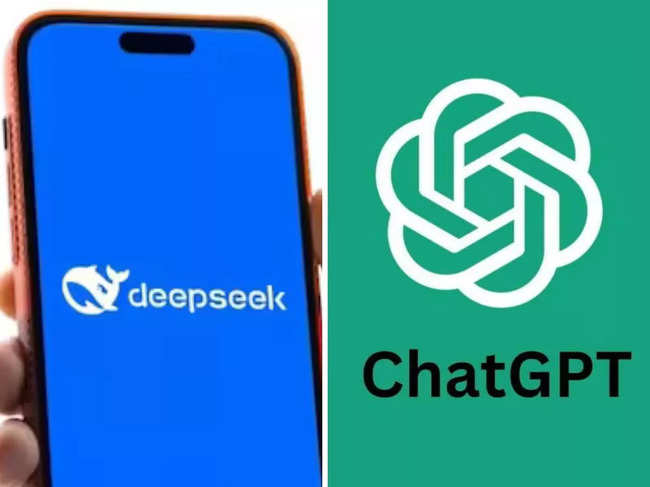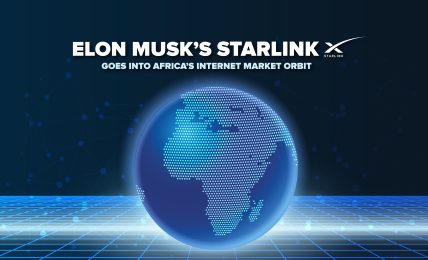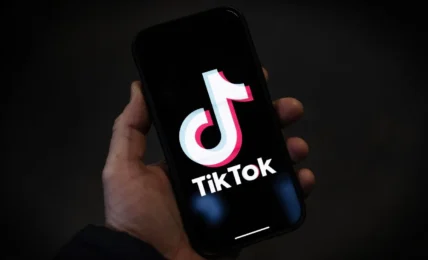DeepSeek vs. ChatGPT: The Battle of AI Assistants and Their Evolving Roles in Technology
In the rapidly evolving landscape of artificial intelligence, two names have recently emerged as frontrunners in the race to develop the most advanced AI assistants: DeepSeek and ChatGPT.








